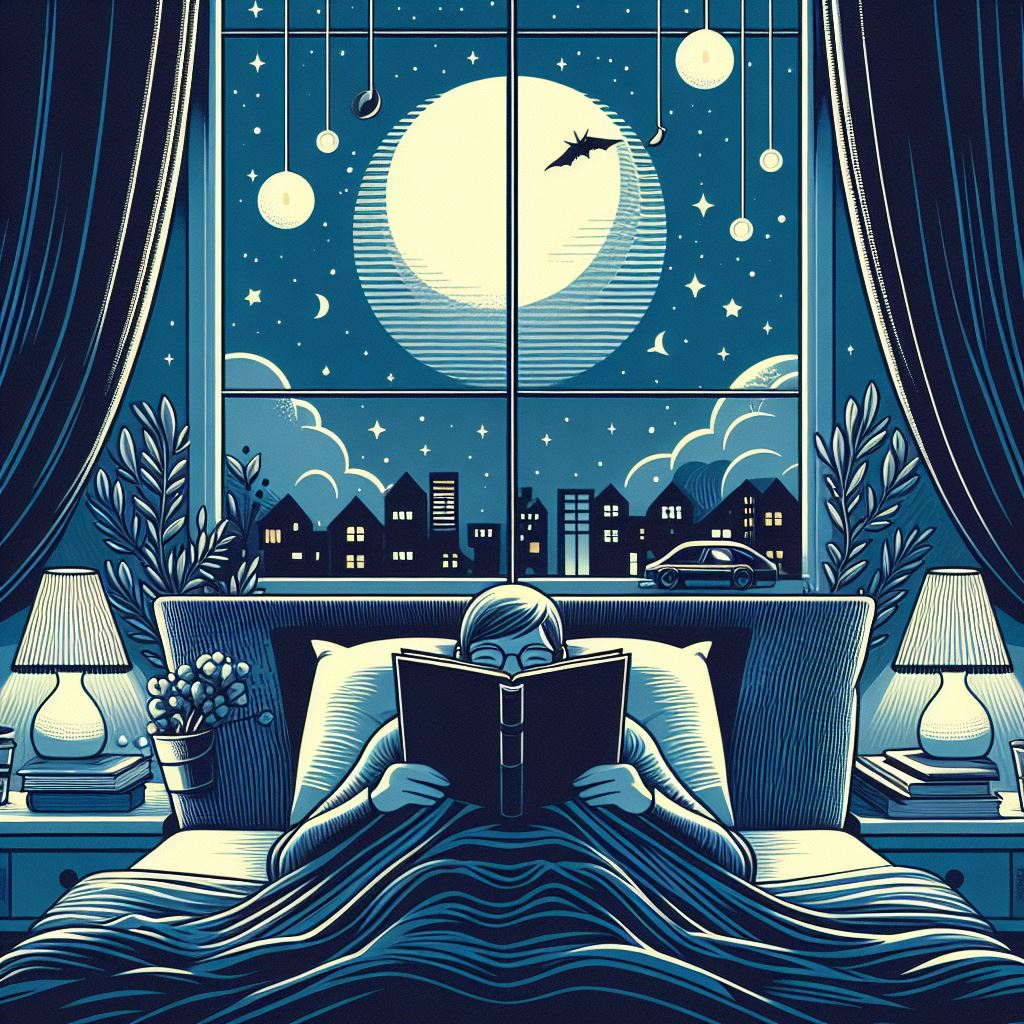
While people may feel embarrassed getting caught in the “self help” section of a library or book store, the truth is there are a lot of valuable books out there that can make a real difference.
Bibliotherapy is the practice of reading self-help books to change your habits and improve your mental health, including reducing symptoms of depression and anxiety.
One of the most popular self-help books to date is the classic Feeling Good: The New Mood Therapy published by David D. Burns in 1980, which is known for popularizing many early techniques in Cognitive-Behavioral Therapy.
According to one study published in the British Journal of General Practice (which analyzed 11 different experiments), participants who read CBT-based books such as Feeling Good showed a reduction in symptoms of depression and anxiety, as well as an increase in overall quality of life.
Psychologists suggest that assigned readings can be a useful low-cost supplementary treatment in addition to therapy or medication for those diagnosed with depression or anxiety disorders.
The best self-help books often come with worksheets and exercises so people can take what they learn and apply it in a practical way. Following through with these exercises is an important factor when getting the most out of these books.
In the study mentioned above, researchers identified several books that are often recommended by professionals, including:
- Feeling Good: The New Mood Therapy by David D. Burns
- Managing Anxiety and Depression by Nicholas Holdsworth
- Mind Over Mood by Dennis Greenberger
- Overcoming Depression and Low Mood: A Five Areas Approach by Chris Williams
Most of these have similar content – cognitive-behavioral therapy techniques designed to treat depression and anxiety – they are just presented in different ways. The only one I’ve read is Feeling Good, which I definitely recommend checking out.
While most effective self-help books seem to focus on CBT, there are definitely other options as well. One pilot study compared a CBT self-help book to the book Positive Psychology for Overcoming Depression by Miriam Akhtar and found similar results for both approaches.
Another preliminary study published in the Journal of Clinical Psychology found that a Mindfulness-Based Stress Reduction workbook significant decreased measures of depression, anxiety, and stress, as well as a pilot study that found positive results with the book Worry Less, Live More: The Mindful Way through Anxiety by Susan M. Orsillo.
There’s still a lot more research to be done when it comes to bibliotherapy, but it definitely has promise.
Of course you can’t do a study on every single self-help book that comes out, but in general ones that are science-based, action-oriented, and recommended by experts are good places to start.
As someone who has been engaged in self-help for over a decade, I’ve easily read over 100 self-help books total. Admittedly, not all of them are that good, but I certainly believe in the power of bibliotherapy in my own life.
Much of the writings on this site are based on education through books. For example, over the past few years I’ve written articles based on the books Flow, The Body Keeps The Score, Crucial Conversations, I’m OK – You’re OK, Games People Play, Attached, Supernormal Stimuli, and The Power of Meaning. With each of these books, I’ve taken away valuable information that I’ve applied to my daily life.
About 50% of everything I know has been through reading – including books, articles, and studies – and the other half is through experience and practice. I consider educational books and scientific studies to be the very foundation of the information pyramid (it’s certainly better than getting all your knowledge through social media and memes).
It’s important to talk to mental health professionals when you really need them, but I’ve always been someone who was more likely to end up in a library than a therapist’s office.
That’s just a part of my independent personality, but it’s also a weakness. In general, you shouldn’t be afraid to ask for help when you need it – sometimes a meaningful conversation with a therapist or coach is worth more than a hundred books.
Bibliotherapy shouldn’t be seen as a replacement for professional help, it’s just one tool of many to help us change and grow.
While people may feel embarrassed getting caught in the “self help” section of a library or book store, the truth is there are a lot of valuable books out there that can make a real difference. The key is finding the right books for you.
At the same time, it’s worth noting that there are some people that seem to become addicted to reading a lot of self-help books – but never applying them or making any real-world changes.
I’ve definitely been an information junkie in the past, jumping from book to book but not taking the time to absorb what I read and find a way to integrate it into my life. It’s important to remind yourself that there’s always a balance between learning and action.
The person that reads one self-help book and applies it is further than the person who reads a hundred self-help books but never changes anything or tries anything new.
One guideline to follow: For every self-help book you read, make sure you apply at least ONE thing from it into your daily life.
Or at least try one thing, even if it ends up not working out. You have to experiment sometimes before you find what really works for you personally.
Different advice works for different people. A self-help book that completely changed one person’s life may not do anything for you.
Ultimately, no matter what type of self-help book you read, take what works and leave what doesn’t work.
Enter your email to stay updated on new articles in self improvement:
